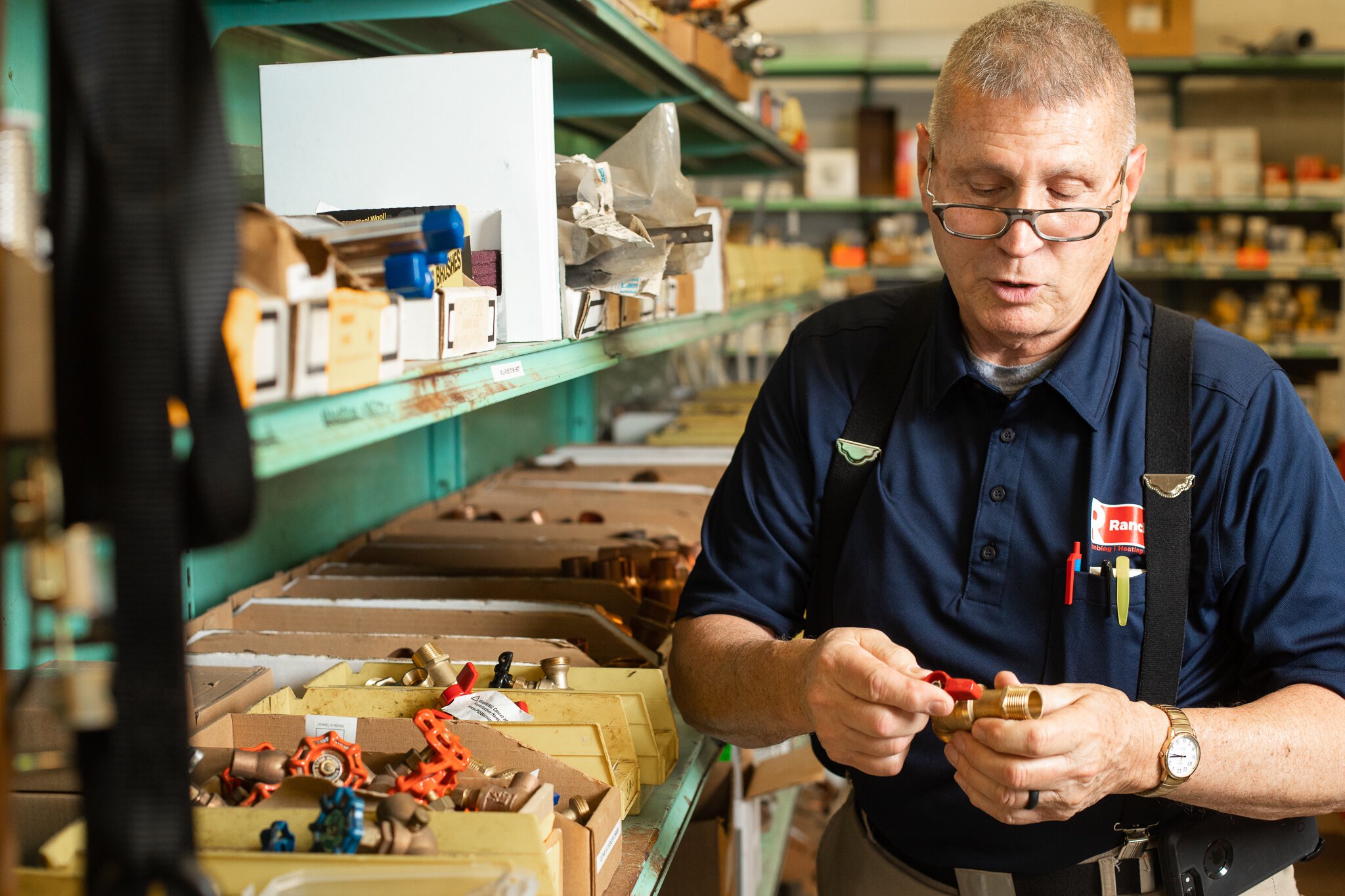
What To Do if Your HVAC System is Impacted by Flooding
Flooding is rarely a welcome occurrence for a neighborhood, but it happens often. While you can’t control the weather, you can take preventative measures and respond to the after-effects of flooding.
It’s common knowledge that flooding can result in significant damage to homes and appliances. But what happens if your HVAC system is impacted by a flood? Water damage to your system could be minor and require only small repairs, but it also has the capability to leave systems in need of a full replacement. Take the following steps if you suspect flooding damage to your HVAC system.
Investigate the System
The first thing you should do after a flood is investigate your HVAC or have a technician investigate it before you try to turn it on. Keep in mind you shouldn’t touch the unit until everything is dry. The system could be dangerous to use if any problems have not been properly addressed. Flooding affects HVAC systems in different ways, so when in doubt, consult an expert.
If you find that your system is submerged in water, don’t go near it. Due to the potential hazards, you should call professionals immediately to investigate.
Find Out if You Have Flood Insurance
If you’re not sure whether you have flood insurance, find out as soon as you can. Repairs and replacements for your HVAC system can be pricey, so you want to know if you have coverage on them before you pay out of pocket.
If you do have flood insurance, it can ease the burden of repairs. This is especially true if you have other water damage in your home caused by the flood. The last thing you need is a pile of hefty expenses after going through the stress of a serious storm or natural disaster.
Fix Damaged HVAC Parts
The steps you need to take to fix your HVAC system depends on the parts that have been affected and the degree of damage. If the flood has impacted it badly enough, you may need to replace the whole system. Here are some common parts that could sustain damage and need repairs or replacements:
- The furnace: Corrosion within your furnace can lead to functional problems. If the damage is minor enough, a good cleaning of the coils may suffice. Otherwise, it’s probably best to just replace the whole unit to avoid safety risks.
- The air conditioning unit: What happens when electrical units get wet? They cause shortages. Even if the units don’t exhibit problems right away, over time they can corrode and become dangerous. If your air conditioner was heavily affected by a flood, your technician will probably recommend you either replace the unit or at least replace the wires to prevent future issues.
- Ductwork: If your HVAC system’s air ducts were affected, you should have them entirely replaced. If not, they will at least need heavy cleaning and disinfecting to discourage the growth of bacteria within the ducts.
- The heat pump: Like the air conditioning unit, your heat pump contains electrical elements not built to withstand flood waters. These electrical components will need to be replaced or repaired if they were submerged in water for any length of time.
Consult With an Expert
If your HVAC system has been damaged after a flood, it’s crucial you find out the extent and seriousness of the impairment before you try to use it. Ranck Plumbing, Heating & Air Conditioning will answer any questions you may have about HVAC systems or how to address problems after a flood. Contact us today to discuss water damage of your HVAC system.